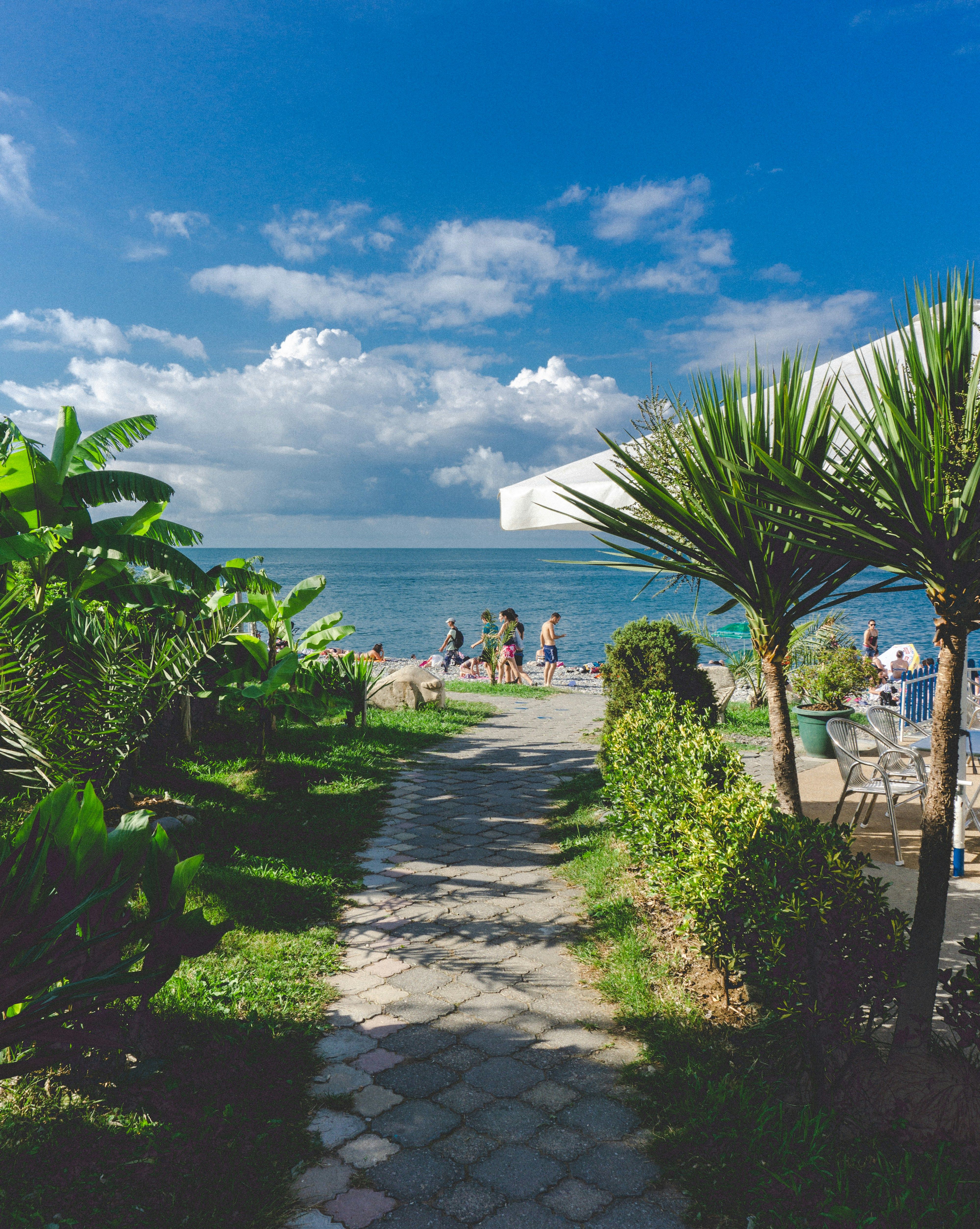Decade of Electric Buses in Münster: City Commemorates Shift in Public Transportation
Münster, a city in Germany, has been at the forefront of the mobility transition since 2015. The city's public transport company introduced electric buses into regular service for the first time, marking a significant milestone. As of now, 97 out of approximately 120 city buses run purely on electricity, making Münster one of the top contenders in the country with a high electric bus share. The goal is to convert the entire bus fleet to electric operation by 2029.
A critical aspect of the successful operation of electric buses in Münster is the so-called opportunity charging. Instead of lengthy charging times at the depot, an intelligent system with fast-charging stations at the end stops is being utilized. Currently, there are 16 such charging stations at 12 locations, providing enough energy for the next trips during short breaks. By 2026, six more charging stations will be added. This strategy not only enhances operational efficiency but also significantly reduces vehicle downtime.
Transitioning to electric buses has resulted in substantial carbon emissions reductions in Münster. In 2017, around 2.6 million liters of diesel were consumed annually, compared to less than 500,000 liters in 2025. The share of renewable energy in traffic is constantly increasing. The public transport company in Münster exclusively uses certified green electricity, further improving the environmental balance of the electric buses.
In addition to climate benefits, electric buses contribute to noise protection in Münster. Compared to diesel buses, e-buses are significantly quieter, creating a more tranquil cityscape. Passengers also appreciate the quieter interiors and gentler rides.
The comprehensive switch to electric buses in Münster would not have been possible without state support. The purchase of new e-buses is subsidized by up to 80 percent, while charging infrastructure can receive up to 90 percent subsidies. The public transport company emphasizes the crucial role of these subsidies in expanding the fleet and achieving climate goals. Continued funding on the national, federal, and EU levels is essential to drive the mobility transition forward.
The ZeEUS project, in which Münster participated, was a crucial step towards the widespread use of electric buses in Europe. The project demonstrated the technical feasibility and economic viability of electric buses, paving the way for their broader adoption across the continent. Münster, along with a select few other European cities, is setting an example for sustainable mobility in local public transport.
Although much progress has been made, approximately 20 diesel buses are still in operation in Münster, planned to be replaced by electric buses in the coming years. Furthermore, partner companies operating about 80 more diesel buses in the city area are being encouraged to switch to electric operation in the medium term. The complete electrification of public transport in Münster is thus not yet complete, but well on its way.
To celebrate the tenth anniversary of electric buses in Münster, the city's public transport is offering two public tours of its electric bus operations in May. Citizens can gain insights into the technology, maintenance, and organization of the emission-free bus fleet. Participation is free but requires registration via the city's website. This will also highlight the people behind the scenes, as the energy transition in transport depends on the commitment of many.
- The environmental-science community lauds Münster's commitment in the climate-change fight, with its transition from diesel to electric buses in public transport contributing significantly to their sustainability goals.
- As the home-and-garden of sustainable living, Münster, a city in Germany, continues to make strides in the science sector, capitalizing on the benefits of sustainable technologies like electric vehicles in their mobility transition.
- The lifestyle shift toward eco-friendly practices continues in Münster, with the conversion of 97 out of 120 city buses to electric operation, a testament to the city's dedication to environmental-science principles.
- The electrification of cars in Münster isn't limited to public transport buses – the city is encouraging partner companies to adopt electric vehicles for a more sustainable future, integrating them into thehome-and-garden of sustainable living.







